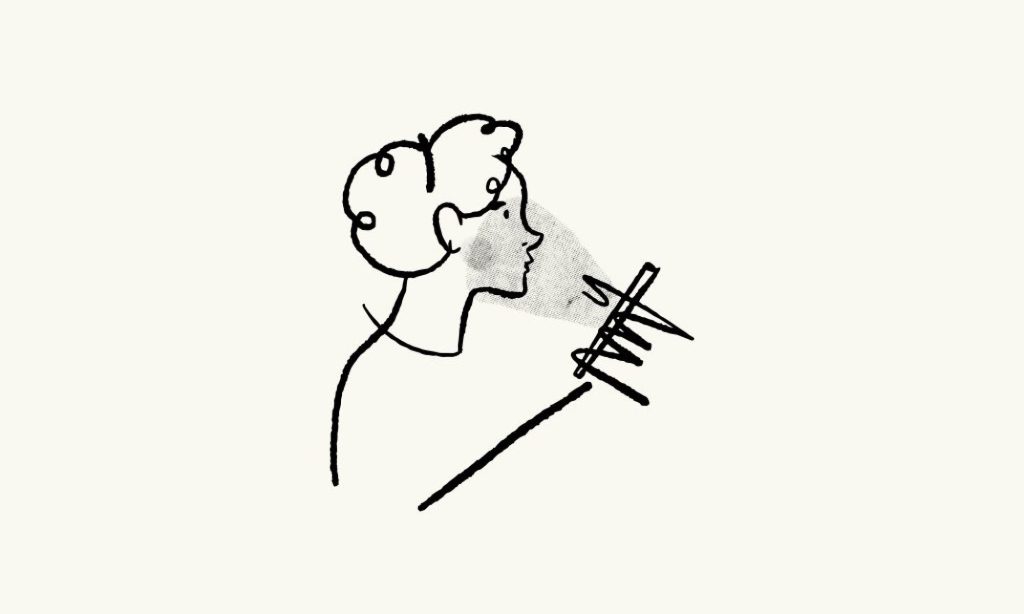Recently it has been announced that Channel 4 will be privatised as an organisation. This means a transfer of ownership from the government to the private sector, a private business entity, will take place. Channel 4, as a PSB (Public Service Broadcaster), has delivered the most diverse and distinctive content in the UK with shows like ‘The Peep Show’, ‘It’s a Sin’, ‘The Great British Bake Off’ under its umbrella. They’re known to provide a platform to underrepresented communities in their productions. They follow a publisher-broadcaster model, as they mention on their website, “Alongside our not-for-profit model, this means that all of Channel 4’s revenues are invested back into content, going straight into the creative economy and supporting the independent production sector – and all at no cost to the taxpayer.”
While change is not always a bad thing, privatisation of Channel 4 comes with risks. The reasoning I see for this decision could be the noticeable change in the media landscape recently, especially during the pandemic. We can see consumer habits shifting from watching cable television or having a shared TV experience to watching paid content privately: Netflix, Amazon Prime, Disney Plus, etc., but, these platforms are only available to someone who can afford them.
A substantial impact of this decision will be on the content and the audiences. Privatisation will make it most likely rely on re-hashing existing shows and importing American TV comedy and drama. As rightly mentioned in Equity’s submission to the Government’s consultation on the proposed privatisation of Channel 4, “By diluting the incentive of challenging programming to the altar of the market, Channel 4’s service will lose any reason to engage fully in the costly process of scripted commissioning.”
Authors Micky Lee and Dal Yong Jin propose a similar argument in their book Understanding the Business of Global Media in the Digital Age. It says, “One consequence of selling public goods as private goods is that society will be worse off. Society will be weakened if most of its population has limited access to infrastructure. For the same reason, media products should be looked at as public goods, because socially meaningful media products will benefit society as a whole.
One consequence of selling public goods as private goods is that society will be worse off.
Micky Lee & Dal Yong Jin
Channel 4’s focus under this model would be delivering profits more than diverse and experimental content, which will hurt the small production houses it works with. Under private ownership, the owner will be able to own (IP), produce and control the content which Channel 4’s current model prohibits. Smaller show’s slots will be likely cancelled to make time for bigger commercial generic content, that serves the interest of the owners. It might be moving towards silencing diverse opinions as well challenging stories.
What does this privatisation have in store for their biggest hit ‘The Great British Bake Off’? While I am worried about censorship, I don’t think its success or profit margins will be affected in any way. I do see the eccentrics being cut down a little bit to attract an even wider international audience, which I am against because the whole charm of the show is the unconventional delivery. However, what I do see in the show’s future are lots and lots of spin-offs. Because often when a format is a hit, commissioners run towards what else there might be in a similar space. We have seen this proven in a lot of shows all around the world, the best example would probably be the multiple variations of the show ‘Masterchef’.
I think the privatisation of Channel 4 is a win only for the current ruling government of the UK and a loss for everybody else. I do not see it as a sustainable solution culturally and socially, However, I do believe that making wider structural changes to the UK’s PSB model can be beneficial for all broadcasting companies.

